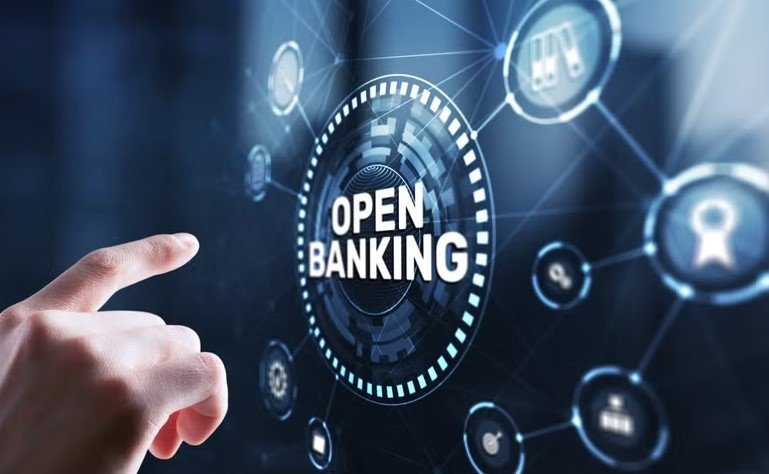Deutsche Bank is stepping up its game by teaming with Mastercard to supercharge open banking payments throughout Europe. This new partnership targets smoother and faster account-to-account (A2A) payment services, leveraging Mastercard’s tech to enhance Deutsche Bank’s Merchant Solutions platform, especially its Request to Pay feature.
How This Partnership Shakes Up Payments in Europe
The financial landscape in Europe is shifting rapidly, with open banking becoming a major driver of change. Deutsche Bank’s collaboration with Mastercard aims to catch this wave by integrating Mastercard’s open banking technology into its Merchant Solutions.
Basically, merchants who use Deutsche Bank’s platform will soon be able to offer customers a fresh “Pay by Bank” choice. This means shoppers can pay directly from their bank accounts without fuss. It’s like cutting out the middleman, speeding things up, and making payments more transparent.
What’s cool here is that payments will happen in real time, with instant confirmation. For merchants, this means quicker settlements and easier reconciliation—less hassle and more control. For consumers, it’s about having more flexibility and a smoother checkout experience.
Why Account-to-Account Payments Matter Now More Than Ever
Account-to-account payments are becoming a serious contender against traditional card payments. The rise of open banking regulations in Europe, like PSD2, encourages banks and fintechs to open their data and payment systems up in ways that help consumers and businesses alike.

You might wonder, why is this such a big deal? Well, A2A payments often cost less and are more secure. They cut out card networks and fees, which adds up over time. For merchants, saving on fees can make a big dent in their bottom lines, especially for high-volume transactions.
And from a security point of view, when payments are authorised directly through a customer’s bank, the risk of fraud can drop. There’s also less friction—no need to enter card details or deal with declined payments due to expired or blocked cards.
What’s in It for Deutsche Bank and Mastercard?
This partnership is a smart move for both parties. Deutsche Bank gets to bolster its Merchant Solutions with a technology that’s catching on fast. Mastercard, on the other hand, expands the reach of its open banking capabilities by partnering with a major European bank.
The move also fits into a bigger trend where banks and payment companies team up to offer better, faster, and cheaper alternatives to traditional card networks.
It’s worth noting that Mastercard has been investing heavily in open banking tech globally. They’re betting that A2A payments will become a massive part of the future payments ecosystem. Deutsche Bank, by integrating this tech, is positioning itself to ride that wave.
The Bigger Picture: Open Banking’s Growing Footprint
Europe’s push for open banking is one of the most ambitious in the world. Regulations like PSD2 have forced banks to open APIs, enabling third parties to build new payment and data services.
This isn’t just about new tech; it’s about changing how people pay, get paid, and manage their money. More than 40% of European consumers are aware of open banking, and the number using open banking payment services is climbing fast.
By teaming up, Deutsche Bank and Mastercard are tapping into this growth, giving merchants tools that can attract customers looking for faster, simpler payment methods.
These numbers tell a story — open banking payments are gaining traction, and partnerships like this one are fueling that momentum.
What Consumers Can Expect Next
If you’re a shopper, this partnership might soon make your online payments feel a lot less clunky. Imagine a checkout process where you simply pick “Pay by Bank,” get redirected to your banking app or website, approve the payment in a flash, and get instant confirmation.
No card numbers, no fuss, just straight-up bank-to-bank transactions that clear faster. It’s kind of like having your bank do the heavy lifting, making your payment experience smoother and more secure.
And for merchants, faster payments and improved reconciliation can mean better cash flow and less headache. That might translate to better services, prices, or both.








